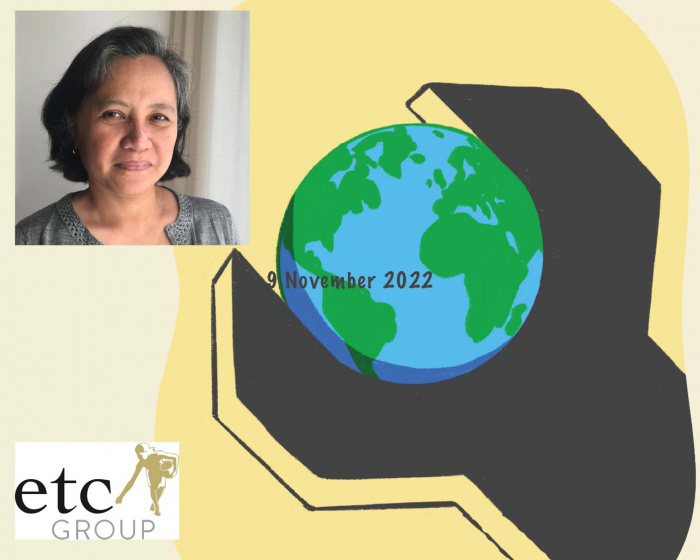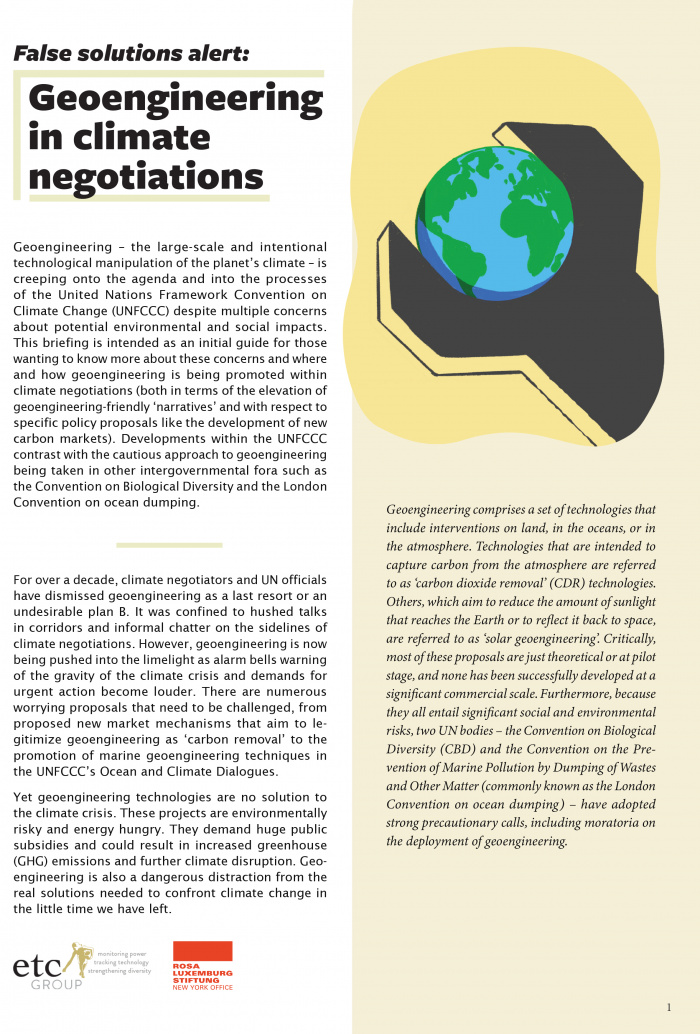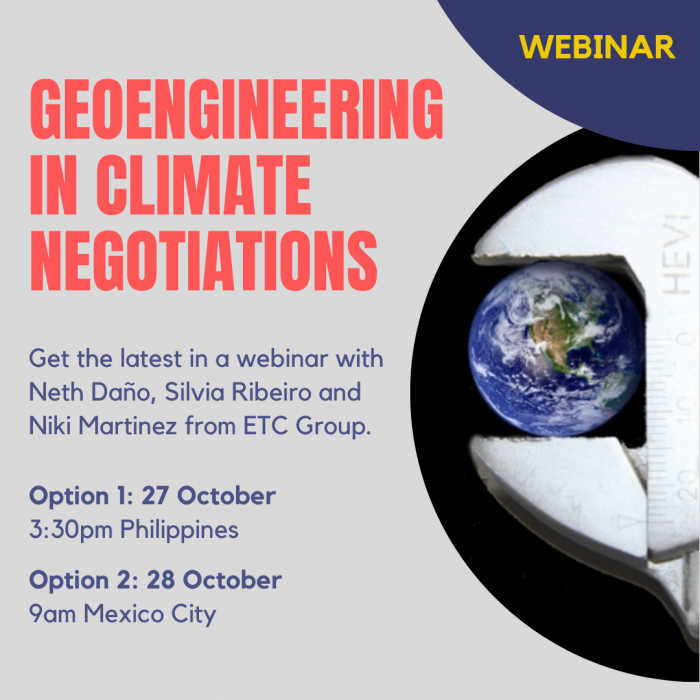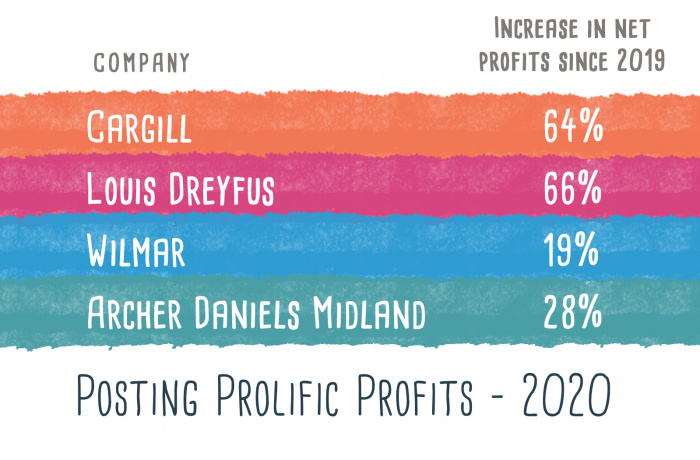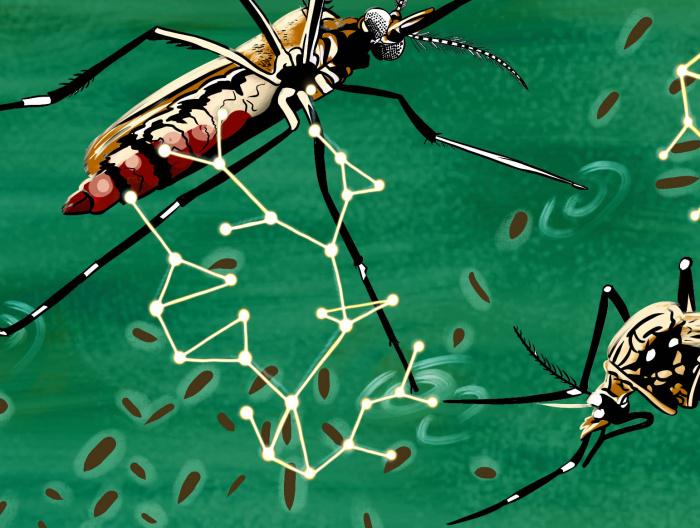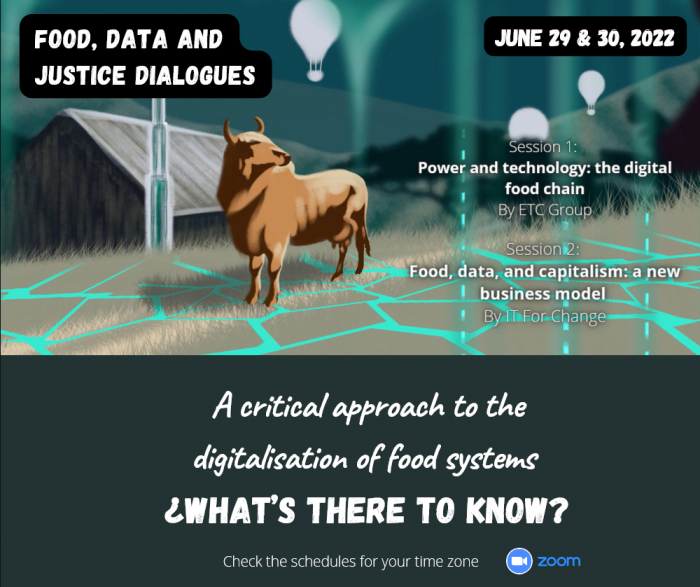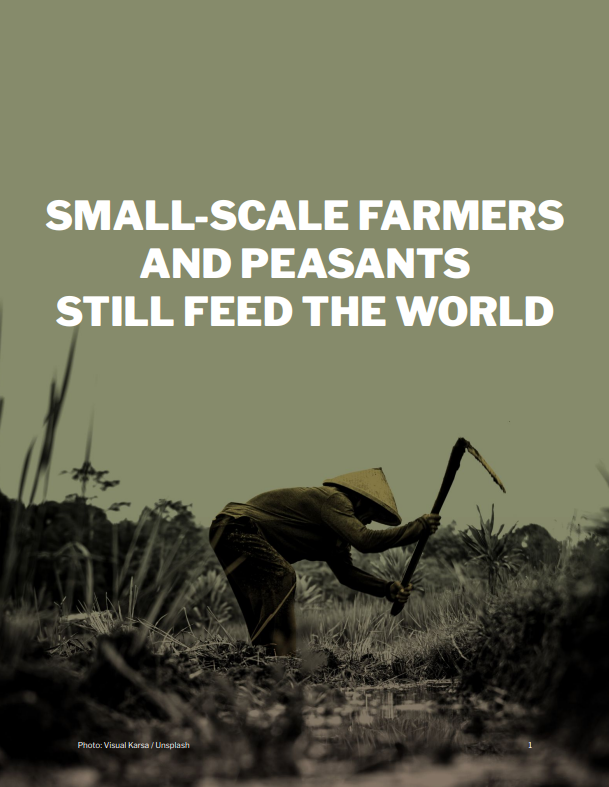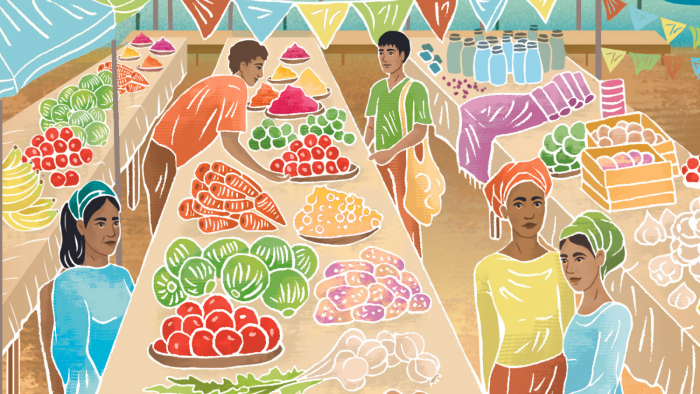COP-27 geoengineering alert: an update from Neth Daño
Submitted by Ronnie Hall on
On the third day of the UNFCCC's COP-27 in Sharm El-Sheikh there are already worrying developments on geoengineering, which has been creeping into climate negotiations over the last couple of years, very much under the banner of ‘Net Zero’ and carbon removals.

